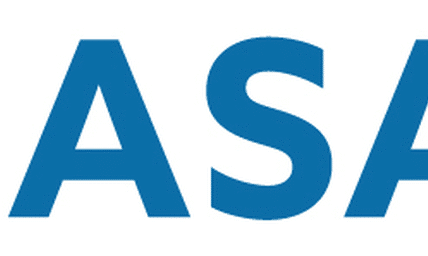Are GLP-1 Drugs the Solution to Eating Addiction?

Are GLP-1 drugs the solution to eating addiction? No.
GLP-1 receptor agonist drugs, such as Ozempic and Wegovy, based on semaglutide, can be part of a weight management program, but are often ineffective without the rest of the program.
GLP-1 drugs work by controlling blood sugar, reducing appetite, and delaying emptying of the stomach. A Harvard Health summary says, “GLP-1 agonists stimulate the pancreas to release insulin and suppress the release of another hormone called glucagon.”
However, these drugs cause uncomfortable gastrointestinal “side effects” including nausea, vomiting, and diarrhea. I put “side effects” in quotation marks because there’s evidence that these are the intended effects that result in weight loss. These effects include:
- Nausea triggered by strong smells.
- Vomiting triggered by large meals.
- Diarrhea triggered by dehydration.
There are also “side effects” related to blockages caused by failure to empty the stomach (gastroparesis), bowel obstructions, and even bile duct blockage due to gallstones. One physician told UC San Francisco Magazine, “The stomach contents are retained sometimes for days on GLP-1s.”
The side effects are so daunting that most patients ease their way up to a dosage they can tolerate. Often, this dosage is well below the amount required to achieve the weight loss advertised.
A systematic review and meta-analysis published by HCA Live in January of this year found an average of 49% of patients discontinuing use in the first year. The studies all involved people prescribed GLP-1 drugs for weight loss who did not have Type 2 diabetes.
A 2020 study involving nearly 5,000 patients with Type 2 diabetes found a similar one-year discontinuation rate of 48%. Researchers noted the discontinuation rate was “significantly higher” with daily injections vs. weekly injections. They concluded:
[I]t is possible that the gastro-intestinal side effects experienced when initiating therapy reported in clinical trials explains the low adherence and high discontinuation rates seen in this study.
It sounds as though GLP-1 drugs prescribed for overweight make you feel nauseated all the time, and half the people are willing to put up with it for the weight loss, the other half are not.
What happens to those who stop taking GLP-1 drugs for weight loss? Most of the weight comes right back:
[W]ithin one year of withdrawal, the participants regained two-thirds of their prior weight loss, with corresponding changes in risks for conditions like heart disease and Type 2 diabetes.
There is a way to use GLP-1 to help break an eating addiction, and combine it with cognitive behavioral therapy (CBT) to keep the weight from returning after discontinuing the drugs. The GLP-1 drugs help break bad eating habits while the CBT helps build defenses against cravings and cues.
CBT involves such things as goal setting, motivational interviewing, methods for coping with urges and cravings, techniques for avoiding food cues, how to handle the social pressure to eat, and measuring and celebrating progress.
This CBT can be delivered from a therapist, in person or remotely, and recently has been rolled up into smartphone apps, such as BrainWeighve, that put the therapist and the CBT right in your pocket. BrainWeighve is made by the publishers of AddictionNews.
If you can handle the continuous nausea of GLP-1 drugs, Harvard Health has good news for you: “Ozempic face” — a sunken, sagging look — can be treated with plastic surgery. CBT face might be a better choice.
Written by Steve O’Keefe. First published September 25, 2025.
Sources:
“GLP-1 diabetes and weight-loss drug side effects: ‘Ozempic face’ and more,” Harvard Health, February 5, 2024.
“Are the New Weight Loss Drugs Too Good to Be True?” UC San Francisco Magazine, Summer 2024.
“GLP-1 RA Discontinuations Frequent in People with Obesity Without Diabetes,” HCP Live, January 3, 2025.
“GLP-1 withdrawal can have lasting health effects,” AXIOS Health, January 2, 2025.
“Real-World Adherence and Discontinuation of Glucagon-Like Peptide-1 Receptor Agonists Therapy in Type 2 Diabetes Mellitus Patients in the United States,” Patient Preference and Adherence, November 27, 2020.
Image Copyright: shurkinson.




